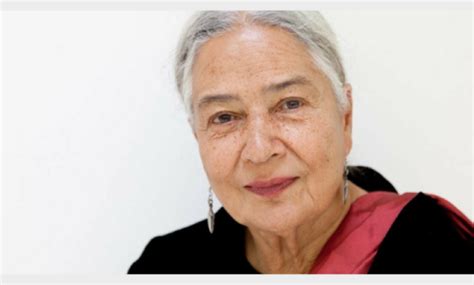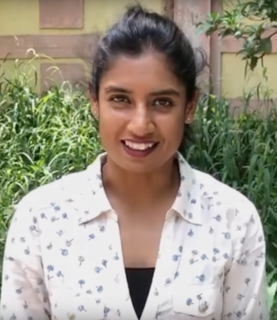A Quote by Karan Bajaj
The reality that we were growing up in was very young and vibrant, and nobody was capturing that part of India. I started to backpack after getting out of college. I hiked and did a lot of things nobody was capturing in art at all in India, so I wrote my first novel. It was a very, trippy, experience-filled novel, and it ended up doing very well in India because nobody was writing about that at that point.
Related Quotes
India went through a dramatic revolution after the '90s when our economy started opening up for the first time and Indians were now experiencing the Western life, if you will. Drugs and sex and a lot of those influences came in as the economy stabilized, and we were growing up and experiencing that. The Indian writing market was very small at that time. Our literature was very attuned to what Western audiences were interested in, so everybody was writing about the slums in India and magic realism or stories about Hindus and Muslims and partition.
Well, people have been wondering what's going to happen to the novel for two hundred years; its death has been announced many times. You know, I think the novel keeps redefining the world we live in. What you should look for in a novel is a window nobody else is looking out of, that nobody else can look through. What you look for is a voice. You pick up a novel by someone such as Faulkner or Hemingway and you just read three pages and you know who wrote it. And that's what one should demand of a novelist.
When I wrote 'Monsoon,' I always imagined the music video being shot in India. The song had so much to do with my time in India with my mother as well as leaving her in India during the monsoon season to visit my family in N.Y. It really was a dream come true when I was given the opportunity to shoot in India.
Love yourself. Nobody's perfect. I mean, come on, nobody is perfect. Not you, not your mom, even the people on TV - nobody is perfect, and there's always something that nobody likes, but you know, you just accept that. Your imperfections make you beautiful. It's those things you find you don't like that someone else finds very special and very unique about you.
As for the Jewish-American question, what's funny is that I grew up in India, and the Jewish-American comparison is better for second-generation Asians. I'm sure there's something about globalization that has globalized our neuroses, so that I, growing up in India, somehow turned out very similar to you. It's a weird thing, when you think about it, but everyone now is exposed to a mainstream white American world, wherever you are. And so there's this need to belong or measure yourself up to that white world, which leads to all sorts of straining.
My first experience of that was with my first movie which I did in India. And it was so different from other people. I find that "Oh my God." Every time the music is slow I feel that people are going to get up and go out. You get this nervousness. But, to my surprise, people starting singing the song even before it came in. They started singing along a week later, after release, which was very cool.
I went to L.A., and I was on two different studio movies at Fox and Sony, but they were never made in the end. When the second one wasn't happening, I ended up doing an episode of 'Who Do You Think You Are?' for the BBC, and went on a roots trip from England to Kenya, India, and pre-partition India in Pakistan, where my family originally came from.






























